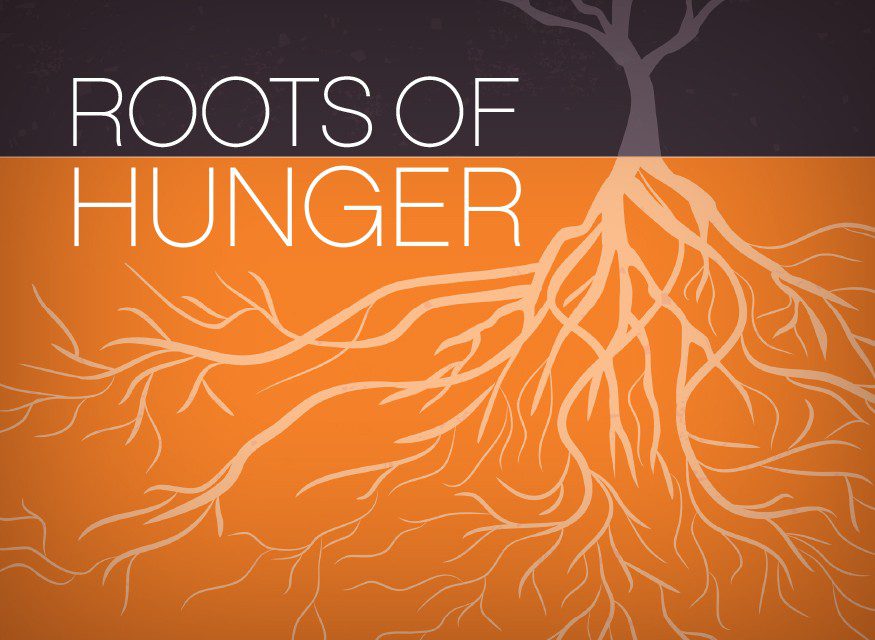Editor’s note: During Hispanic Heritage Month, Bread for the World will be advocating for an expansion of the Child Tax Credit to make it permanent, a policy change that would move millions of children out of poverty.
By Veronica Lopez
The COVID-19 pandemic has exacerbated racial inequities and disproportionately impacted Latinos and other people of color, especially families raising children.
The Child Tax Credit (CTC) expansion is part of the federal government response to protect the most vulnerable during the pandemic. It is an effective policy that provides much needed financial relief to low- and middle-income working families struggling to put food on the table.
The CTC extended the tax credits and the availability of advance payments of the tax credits. As part of the American Rescue Plan, the CTC was increased from $2,000 per child to $3,000 per child for children over the age of 6 and from $2,000 to $3,600 for children under the age of 6.
Since July 15, nearly all families automatically receive monthly payments of $250 or $300 per child. Additionally, the CTC raised the age limit from 16 to 17. In doing so, the CTC will provide the largest child tax credit and historic relief to the families most affected families by the pandemic—particularly in the Latino community and for other people of color.
The CTC will help reduce poverty levels in the United States among Latino children by 45 percent and among Black children by 52 percent.
People who have filed tax returns for 2019 or 2020 or have signed up to receive a stimulus check from the Internal Revenue Service are currently receiving this tax relief automatically by direct deposit or mail.
However, if families who qualify for the CTC have not already signed up to receive this relief, they can still sign up to get the CTC by using the non-filer tool. They will not lose their eligibility for other federal benefits like SNAP and WIC.
The nation is at a tipping point as Congress considers how to equitably rebuild our economy in the wake of COVID-19, via the economic recovery bill that is currently under negotiation.
Central to an equitable recovery will be addressing structural inequities that continue to oppress people of color into hunger and poverty. One of our most powerful poverty-reducing tools is the CTC. Experts predict that the CTC expansion will invariably benefit the whole society over the long term.
So, it is imperative that we ask Congress to make the CTC expansion permanent and available to all children, regardless of immigration status. This change would help significantly reduce hunger and poverty in the United States.
Veronica Lopez is a Latino POD Fellow at Bread for the World.



